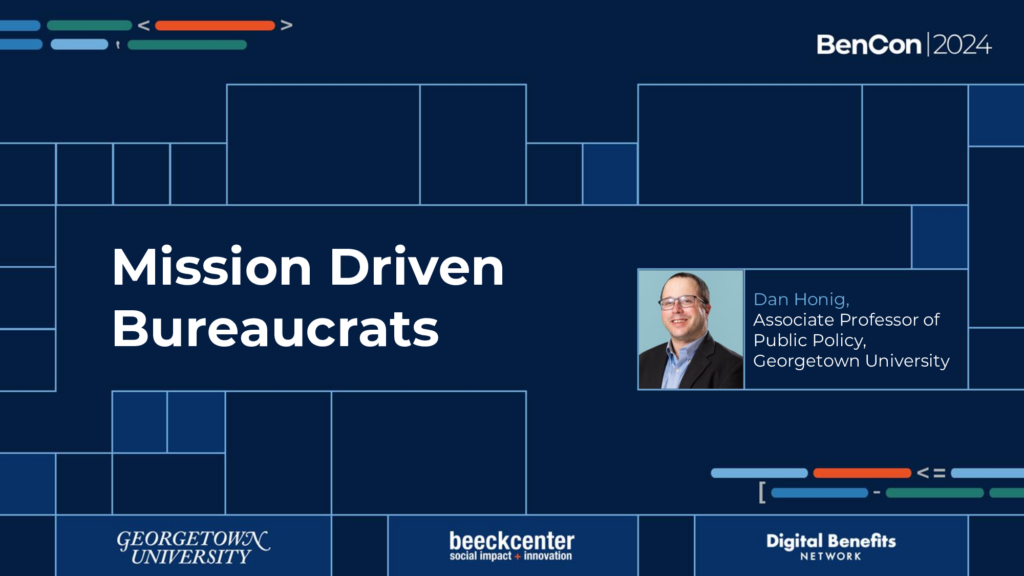Intended Audience: Federal/National Government: Agency
-

Mission Driven Bureaucrats at BenCon 2024
This talk explores how empowering public servants and fostering a sense of purpose, rather than stricter controls, is key to improving government.
-

Engineering Practices Lead
This is a job description for the role of Engineering Practices Lead from the City of Austin.
-

Project Manager
This is a job description for the role of Project Manager from the City of Austin.
-

Product Manager (IT Specialist)
This is a job description for the role of Product Manager (IT Specialist) from the 18F.
-

Shopify Civic Leave
This is a job description for the role of Shopify Civic Leave from the Canadian Digital Service (CDS).
-

Senior Agile Delivery Manager (Partnerships)
This is a job description for the role of Senior Agile Delivery Manager (Partnerships) from the Canadian Digital Service (CDS).
-

Senior Product Manager (Platform)
This is a job description for the role of Senior Product Manager (Platform) from the Canadian Digital Service (CDS).
-

Innovation Coordinator
This is a job description for the role of Innovation Coordinator from the City of Philadelphia Office of Innovation & Technology.
-

Human Resources Coordinator
This is a job description for the role of Human Resources Coordinator from the City of Austin.
-

Community Centered Designer
This is a job description for the role of Community Centered Designer from the City of Durham.
-

Head of Partnerships
This is a job description for the role of Head of Partnerships from the Canadian Digital Service (CDS).
-

Senior Design Researcher
This is a job description for the role of Senior Design Researcher from the Canadian Digital Service (CDS).